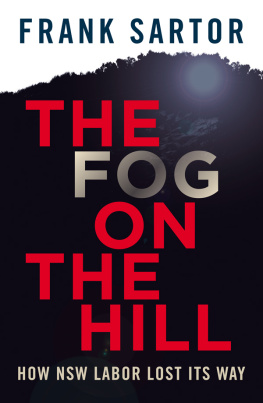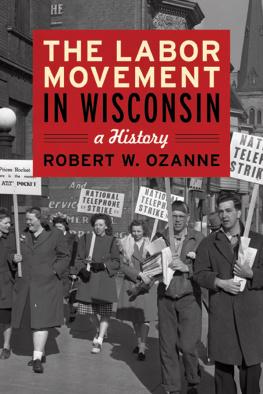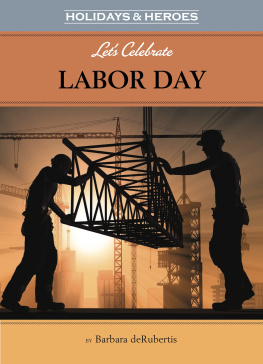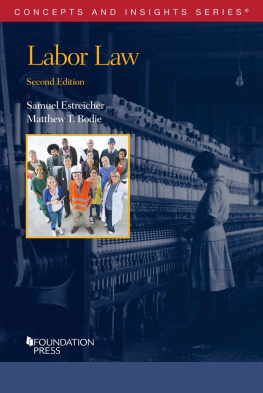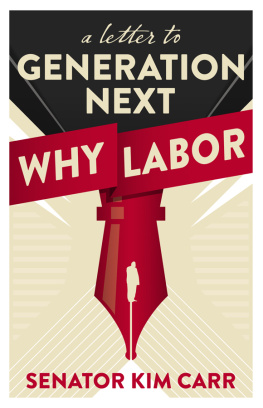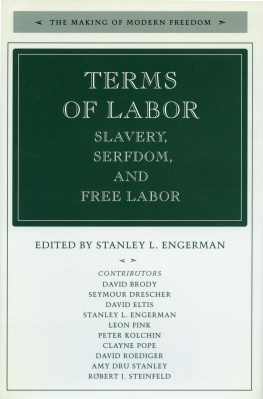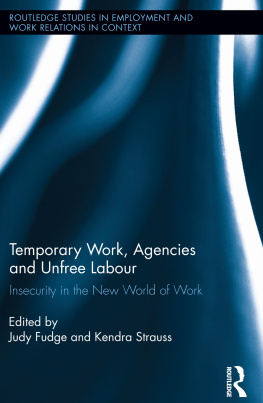Introduction
This book is about how a political movement lost sight of the noble vocation of being an elected representative with Labor values. For many in the movement it is no longer a vocation, but a job, a career, and a means to fulfil personal ambition.
While all political parties go through peaks and troughs, often their re-emergence in government has more to do with the failure of their opponents or voter fatigue, than the strengthening of their mission and the quality of their policies. It would be a pity if all Labor did was to await the next rotation of voter sentiment and not reform itself.
Having entered politics more by impulse than design and battled through all of the frustrations and mundanities of local government I was hugely relieved to be able to make a discernable difference in the City of Sydney during my time as Lord Mayor. I took similar expectations into the state parliament, although mindful of the larger and more collegiate approach required by Labor and cabinet processes. I was grateful to the Labor Party for giving me that opportunity.
Some may feel that I had an easy ride into parliament and into the Cabinet, and by comparison with some others I certainly did. But it was an opportunity that I took seriously and worked very hard to serve the community and carry my weight within government, even when it meant suffering savage public criticism.
Although I have taken the opportunity to correct the record on a number of issues where I was personally involved, the main purpose of this book is to inform the Labor movement, the Labor Party, all elected public officials and those who are involved with the conscientious business of government.
Many good things were done during the 16 years of Labor government and many of these are acknowledged in the book. There were and still are many good people in the parliamentary Labor caucus. But this book is not about our successes. The voters emphatic rejection of Labor demands forensic examination of its failures and their causes.
I wrote this book because I was frustrated by the superficiality of many of the key players in the political arena. There is a pressing need to change the current mindset, and not just within the Labor Party. In describing the political and policy failures of the Labor government I have identified the people responsible in some cases. I make no apology for that. There are some things that need to be said. If ever there was a time to lift the corporate veil on misjudgements and follies then surely this is it. It is my genuine hope that those involved in future Labor governments will bear this responsibility in mind when their turn comes around.
The principles that underpin good government are clear and have not changed for many decades. They involve a commitment to implement good policies, those that are of benefit to the community, and of carefully managing the politics and the criticisms that go with such initiatives. It is also about the solid and detailed work of implementation. Finally the modern community demand a degree of transparency greater than in times past, especially where a government initative or policy is likely to have adverse consequences on some.
Those careerists and opportunists that think it is all about the politics, or about using superficial focus groups to massage the community by telling it what it wants to hear do us no service. The business of government is about conscientiously working through the needs and wants of the people and reconciling those with the realities of government to deliver the best possible services in the most cost effective way.
When elected representatives lose sight of the vocational attributes of being a parliamentarian, or a minister, then decline will occur, and in New South Wales it certainly did.
In Chapter 15 I have outlined some of the specific reasons why New South Wales voters deserted the Labor party in droves at the March 2011 election. They include losing the trust of the electorate, misbehaviours, service failures such as in transport, longevity of the government, policy blunders, incompetence, and leadership misjudgements.
Behind these failures though lies a more endemic problem with the failure in the very foundation relationships of the Labor Party starting with the unions and its contagion on the other three pillars of Labor governments. Firstly the role and attitude of the affiliation unions has changed with a much greater recklessness towards the governance requirements of Labor governments. Secondly we saw the empowerment of party officials into a poll driven corporatist machine with scant regard for the intrinsic value of policies and programs. Thirdly, the outsourcing of preselections to power brokers diminished the caucus and its independence. The final outcome of these concurrent failures inexorably produced a weaker cabinet and a weaker leadership group, unable to instil confidence in the community and prone to poor judgement.
I do not blame the media for the Labor Partys current predicament. We deserved to lose. But I do believe there needs to be a community wide recognition of the frequent inaccuracies and biases of media organs and the harm that such recklessness does to the fabric of representative democracy. It is now difficult to encourage anyone of worth to enter political life. The cost is exceptionally high and the quality of our governments and parliaments is diminishing as a result. Yes there always will be plenty of time servers, opportunists and ideologues who will put their hands up for election. But is that what we want?
There will be some readers who will say, Well if you thought the government was so bad why didnt you speak out or leave. To those I say firstly the government wasnt so bad, nor was it corrupt, it just wasnt good enough. Secondly, as part of a government one cannot (other than in extreme circumstances) speak out against ones own team. That would be irresponsible in any political party in government and does not happen for good reason. Yes it was difficult to remain in the government and in parliament when people and decisions they make disappoint you greatly. But ultimately one must also be judged by the things one achieves and by ones role as a local representative which I did conscientiously for eight years.
Even though I occasionally thought seriously about resigning I persevered and achieved a significant number of things of which I look back on with satisfaction. The reforms in cancer care, stem cell research, water conservation, energy policy, environmental programs and planning policies and processes in my view make the difficult journey worthwhile, albeit hard labour.
I had my frustrations but the greater concern which led me to consider leaving on occasions was the unconscionable attacks on my reputation and its impact on my family. Often such attacks need to be outlived for some of the smear to be erased. Leaving can be seen as tantamount to an admission of blame.
This book is written in the hope that politicians of all persuasions learn to fully appreciate their job as an important vocation and purse it with commitment, or else leave the scene. It is also a plea to party members, unionists and officials to realise that governments may be elected by scarcely 50 per cent of voters but they have a duty of care to 100 per cent of the entire population.
Government is not a game, or just a source of income for politicians and public servants. It is a duty to the many who seek to improve their lives, or simply survive with some measure of quality.

